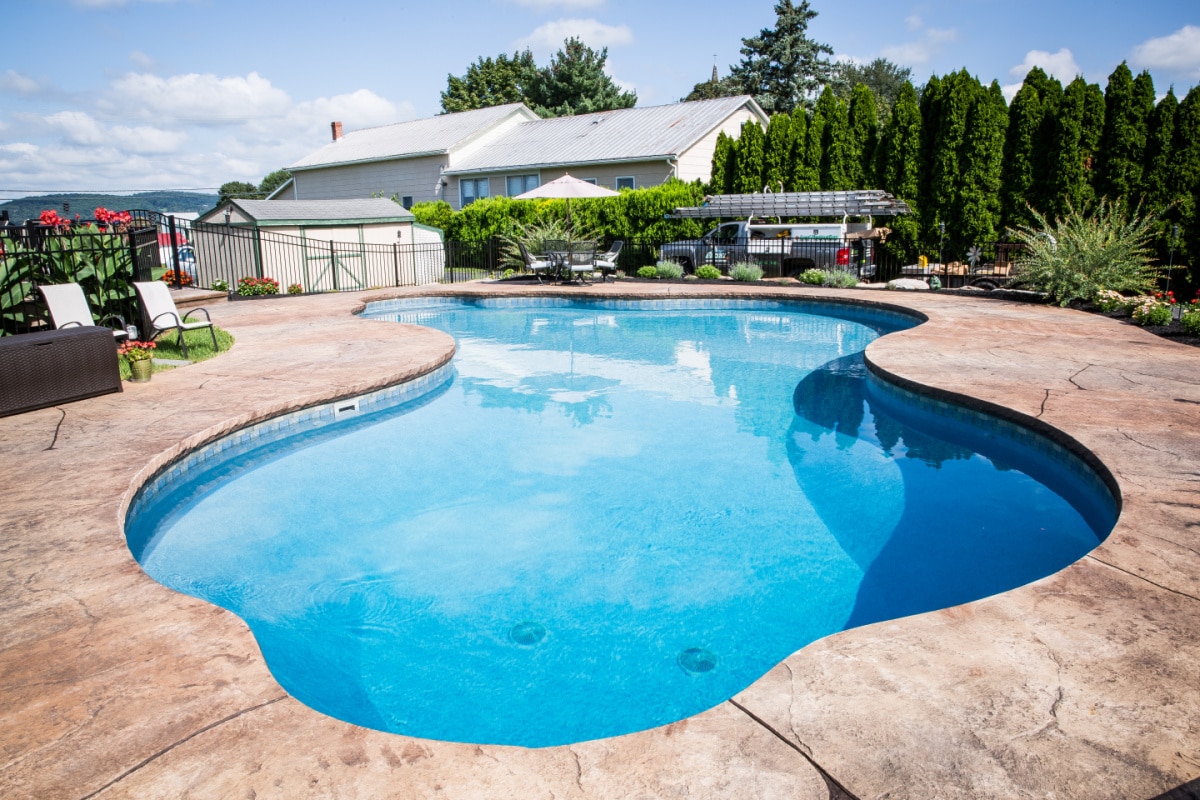

Providing quality products for your outdoor living lifestyle since 1965.
©2020 Fronheiser Pools. All rights reserved. | PA Home Improvement Registration #PA005652 Privacy Policy

Now offering Curbside Water Testing by Appointment Only!
Visit us online to schedule your 15-minute water testing consultation.
Simply select your store location and choose from the appointment slots available.
Bring your water test bottle with a sample of your pool or spa water to your scheduled appointment. Please label the test bottle with your name, and drop it off at the water testing counter.
Thank you for being a loyal Fronheiser Pools customer!
Would you like to receive a free product brochure?